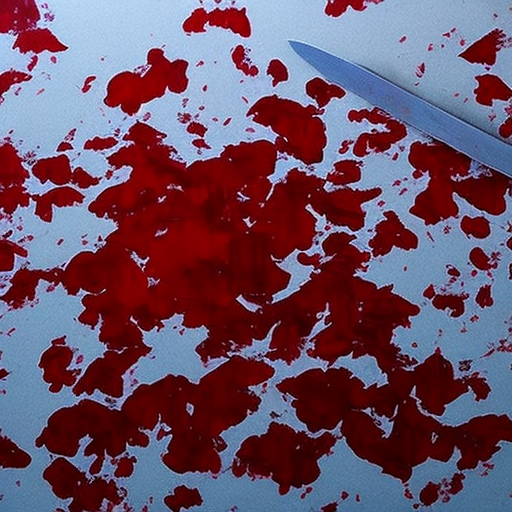Mishima: A Life in Four Chapters by Paul Schrader
Summary: Mishima: A Life in Four Chapters is a biographical drama directed by Paul Schrader that explores the life and work of the renowned Japanese writer Yukio Mishima. The film intertwines three different storylines: Mishima’s childhood and early life, his rise to literary fame, and his final act of self-destruction. Through these chapters, the film delves into Mishima’s complex psyche, his obsession with beauty and death, and his radical political beliefs.
Main Cast and Crew:
- Director: Paul Schrader
- Writers: Paul Schrader, Leonard Schrader, Chieko Schrader
- Key Actors: Ken Ogata as Yukio Mishima, Masayuki Shionoya as Young Yukio Mishima, Junkichi Orimoto as Natsuo, Gô Rijû as Morita, Masato Aizawa as Young Morita
- Music Director: Philip Glass
- Director of Photography: John Bailey
- Producers: Francis Ford Coppola, George Lucas, Mata Yamamoto, Tom Luddy
Plot:
Mishima: A Life in Four Chapters is divided into four segments, each representing a different period in Mishima’s life. The film begins with “Beauty,” which focuses on Mishima’s childhood and his early fascination with beauty and art. It explores his relationship with his grandmother, who introduced him to the world of traditional Japanese theater and instilled in him a sense of pride in his heritage.
The second segment, “Art,” follows Mishima’s rise to literary fame and his exploration of themes such as sexuality and death in his novels. It also delves into his troubled marriage and his affair with a young male admirer. As Mishima gains popularity, his obsession with physical perfection and his desire to merge art and life become increasingly apparent.
The third segment, “Action,” depicts Mishima’s involvement with the nationalist group Tatenokai and his failed attempt to incite a coup d’état. Mishima’s radical political beliefs and his desire to restore Japan’s imperial glory clash with his artistic pursuits, leading to a profound internal conflict.
The final segment, “Harmony of Pen and Sword,” portrays Mishima’s last day, during which he carries out a meticulously planned act of ritual suicide. The film explores the motivations behind his decision and the impact it has on those closest to him.
Themes and Motifs:
Mishima: A Life in Four Chapters delves into several central themes and motifs. One of the key themes is the tension between art and life, as Mishima grapples with the desire to create beauty through his writing and the longing to experience that beauty in reality. The film also explores the duality of Mishima’s identity, as he struggles to reconcile his conservative beliefs with his unconventional lifestyle.
Another significant motif in the film is the exploration of beauty and its connection to death. Mishima’s obsession with physical perfection and his fascination with the transience of life are recurring motifs throughout the narrative. The film also delves into the concept of heroism and the notion of sacrificing oneself for a greater cause.
Reception and Legacy:
Upon its release in 1985, Mishima: A Life in Four Chapters received critical acclaim for its innovative storytelling and visually stunning cinematography. The film was nominated for the Palme d’Or at the Cannes Film Festival and won the Technical Grand Prize. It also received an Academy Award nomination for Best Art Direction.
Mishima: A Life in Four Chapters has left a lasting impact on cinema, particularly in its exploration of the intersection between biography and art. The film’s unique structure, combining elements of biography, fiction, and documentary, has influenced subsequent filmmakers. It remains a powerful and thought-provoking portrayal of an artist’s struggle with identity and the pursuit of beauty.
Recommendation:
Mishima: A Life in Four Chapters is a visually stunning and intellectually stimulating film that offers a deep insight into the life and mind of Yukio Mishima. It is a must-watch for fans of biographical dramas and those interested in exploring the complex relationship between art, life, and identity.
Memorable Quote:
“I wanted to be a pure work of art. I wanted to be a beautiful thing, just like you.” – Yukio Mishima












